Promoting domestic consumption; stepping up investment in infrastructure development associated with climate change adaptation and mitigation; and continuing policy reforms are key factors helping Vietnam achieve sustainable growth while maintaining its competitiveness in attracting FDI, according to Mr. Shantanu Chakraborty, ADB Country Director for Vietnam.
| Businesses look forward to fee reductions. It's time to tap the domestic market. |
How do you view Vietnam's economy in 2023 and economic prospects in 2024?
Overall, the economy has shown positive resilience in 2023. Although the growth rate in 2023 did not reach the set target, it was quite good compared to other countries in the region and the world. Despite the headwinds, the Government has balanced monetary and fiscal policies well to ensure high resilience to some global challenges facing the economy; keeping inflation and interest rates low. At the same time, the Government has been taking the right steps to address some issues in the markets.
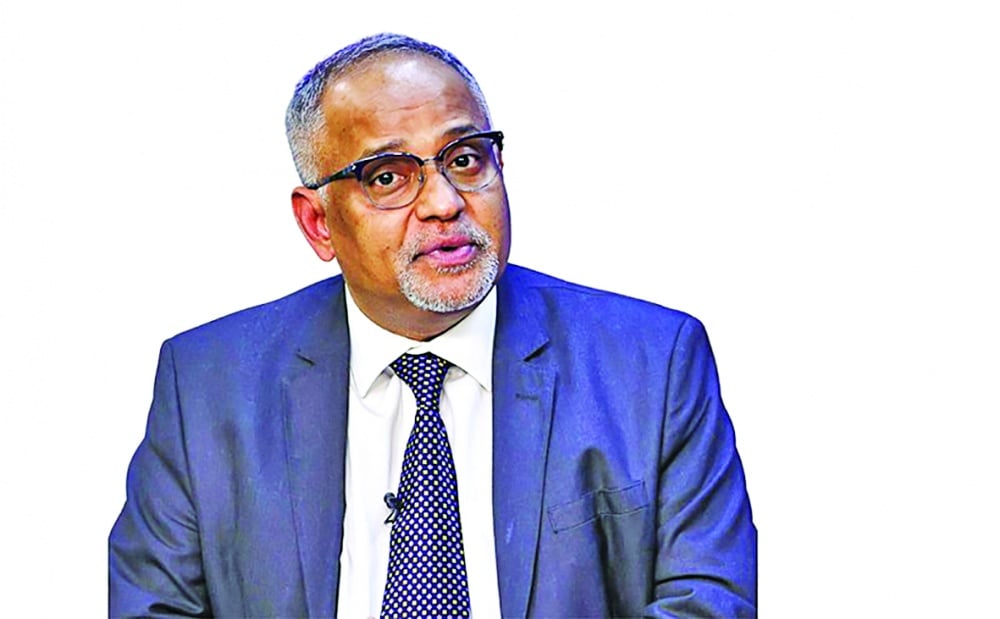 |
| Mr. Shantanu Chakraborty, ADB Country Director for Vietnam |
In 2024, I think the outlook is more optimistic, but we still need to be cautious, because there are still some external obstacles related to Vietnam's major trading partners. Although the headwinds are expected to ease this year, they are not eliminated. For example, if global inflation remains high and monetary tightening in major economies lasts longer than expected, external demand will not recover strongly, which may have an adverse impact on Vietnam, especially the export sector. In the Asian Development Outlook (ADO) update report of ADB in December 2023, we forecast Vietnam's economic growth in 2024 at 6.0%.
I believe that Vietnam's economic prospects in 2024 and beyond will depend on the level of improvement in public investment, infrastructure, and the country's resilience and adaptation to various aspects and challenges such as climate change.
In the context of difficult exports, how do you evaluate domestic consumption dynamics?
Domestic consumption is a very important growth driver. If we look at other countries in Asia, some countries with large domestic markets and consumption promotion such as India, Indonesia ... have helped them maintain a fairly positive growth momentum in the context of a general decline in exports. Having more money in the hands of people is also a way to increase consumption of goods. From that perspective, the fact that the State Bank of Vietnam has kept interest rates low as in the recent past is expected to boost credit, although we will not immediately see a significant improvement in credit growth in 2023. However, usually when interest rates are low, credit growth will increase more and I believe this will be more evident this year.
Besides, as I said, in the context of difficult economic growth, improving public investment will also have a positive impact on other sectors of the economy, supporting sectors such as construction and other services, thereby also promoting domestic consumption. And I believe that domestic consumption will be one of the main drivers for Vietnam's economic growth in the future.
Vietnam is still a positive destination for FDI capital flows. However, in your opinion, what are the factors that need to be improved?
The need to attract FDI is still very large and Vietnam has emerged as a strong FDI destination in the past few years. Vietnam is still a favorite destination for FDI capital but this is not the time for us to be complacent. There are other countries that are becoming attractive destinations for FDI investment. We are also seeing great competition, other countries in the region are also very proactive in competing to attract FDI capital. Therefore, to maintain Vietnam's competitive advantage in continuing to attract FDI, there is still a lot to do. Here I emphasize the factor of investment in infrastructure development associated with addressing climate change and the second key factor is policy reform.
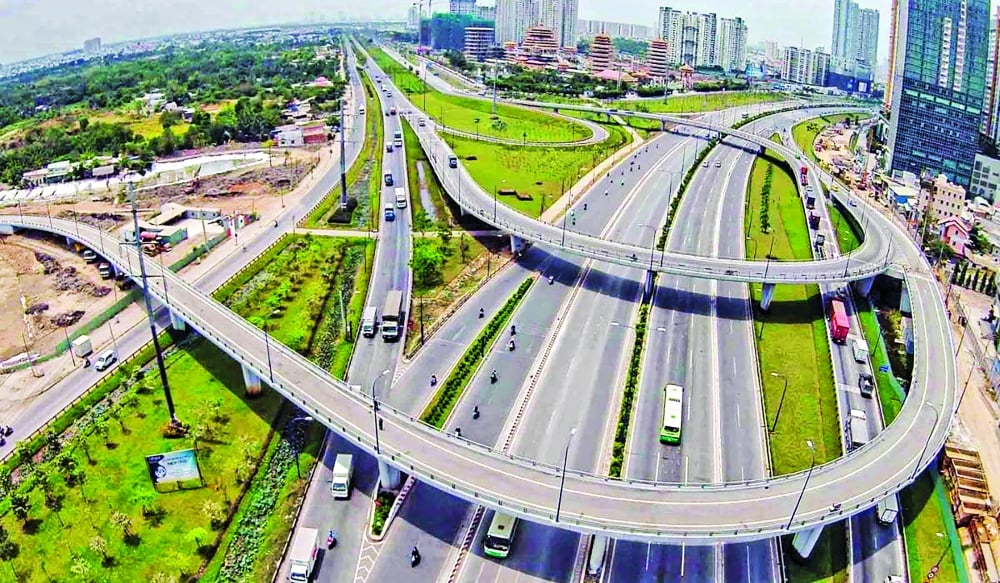 |
| Vietnam's economic outlook will depend on how well public investment improves. |
Regarding infrastructure, this is the backbone of the economy, so we must continue to maintain investment in infrastructure development, such as building roads, industrial parks, power plants, improving the power transmission system... these are all factors that foreign investors will consider very carefully when deciding to invest money. And it is also important from the perspective of solving the problem of climate change, because Vietnam has committed to implementing very ambitious Net Zero goals and this requires in the coming time to significantly increase production and shift to renewable energy - another factor that shows the need for huge investment. Those investments need to be made to ensure the stability of the power transmission network as well as to ensure that there is enough electricity to supply consumption needs, both in terms of electricity consumption needs in industry and manufacturing sectors as well as domestic consumer needs for daily life.
In terms of policy reform, I see that there have been many areas of progress, but more needs to be done to create a favorable business environment and create strong policies; reduce risks for industries, reduce policy uncertainty, ensure certainty and consistency in regulations. And these are the key factors that foreign investors are particularly interested in when they are looking for investment opportunities, expanding investment in Vietnam.
So what are the key areas that ADB will support Vietnam to help address the above challenges?
Yes, ADB has become the “climate bank” of Asia. I mean, there is a significant shift in ADB’s work across the region, towards addressing climate change. All of our operations will have a climate element, climate finance, both on the adaptation and mitigation side. In Vietnam as well, Vietnam has been a very strong partner of ADB for the past 30 years. And going forward, our focus will be on ensuring that our support is for climate-resilient projects, which is in line with our strategic direction for sustainable development, which is to help Vietnam ensure climate adaptation and mitigation; sustainable and inclusive growth. So ADB’s current country partnership strategy for the next 5 years basically has the following key pillars: Green Growth; Inclusive Growth; and Private Sector-Led Growth. These are the three core strategic areas that ADB aims to support the Government of Vietnam.
Thank you!
Source link


![[Photo] Prime Minister Pham Minh Chinh holds talks with Japanese Prime Minister Ishiba Shigeru](https://vstatic.vietnam.vn/vietnam/resource/IMAGE/2025/4/28/ee88e7119877496a9a73bb456f3414d3)
![[Photo] Welcoming ceremony for Japanese Prime Minister Ishiba Shigeru and his wife](https://vstatic.vietnam.vn/vietnam/resource/IMAGE/2025/4/28/1c97f7123f4f47078488e8c412953289)
![[Photo] General Secretary To Lam receives Secretary General of the Mozambique Liberation Front Party](https://vstatic.vietnam.vn/vietnam/resource/IMAGE/2025/4/28/360d46b787c547bbaa5472c490ddeded)
![[Photo] President Luong Cuong offers incense to commemorate Uncle Ho at House 67](https://vstatic.vietnam.vn/vietnam/resource/IMAGE/2025/4/28/162df748c87348e1821cc4c83745a888)

![[Photo] Enjoying the experience of enjoying specialty coffee](https://vstatic.vietnam.vn/vietnam/resource/IMAGE/2025/4/28/cb4f5818052e479392e8b3ad06cb1db0)







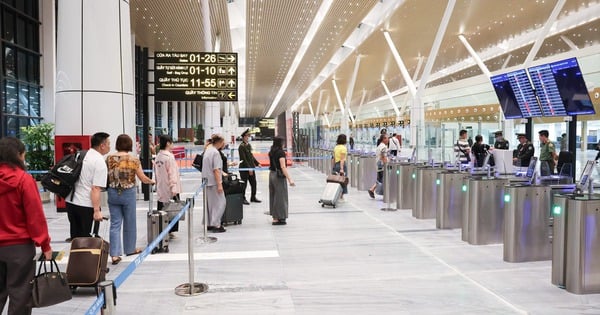


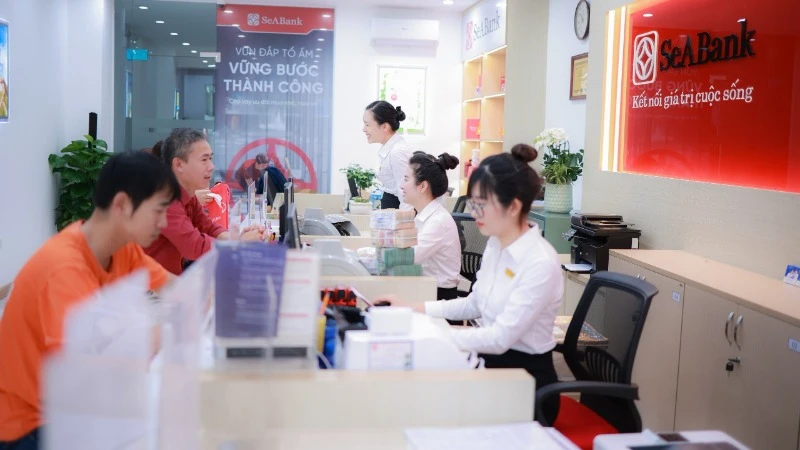
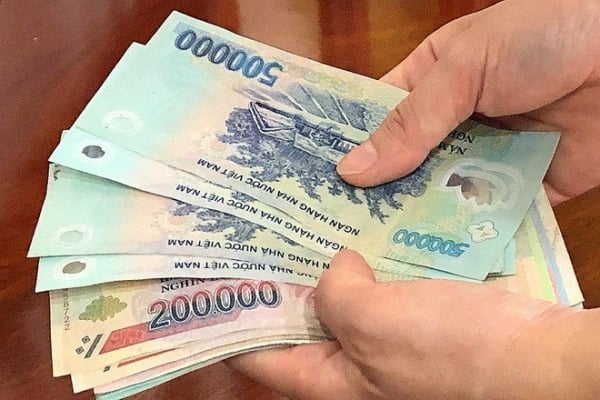





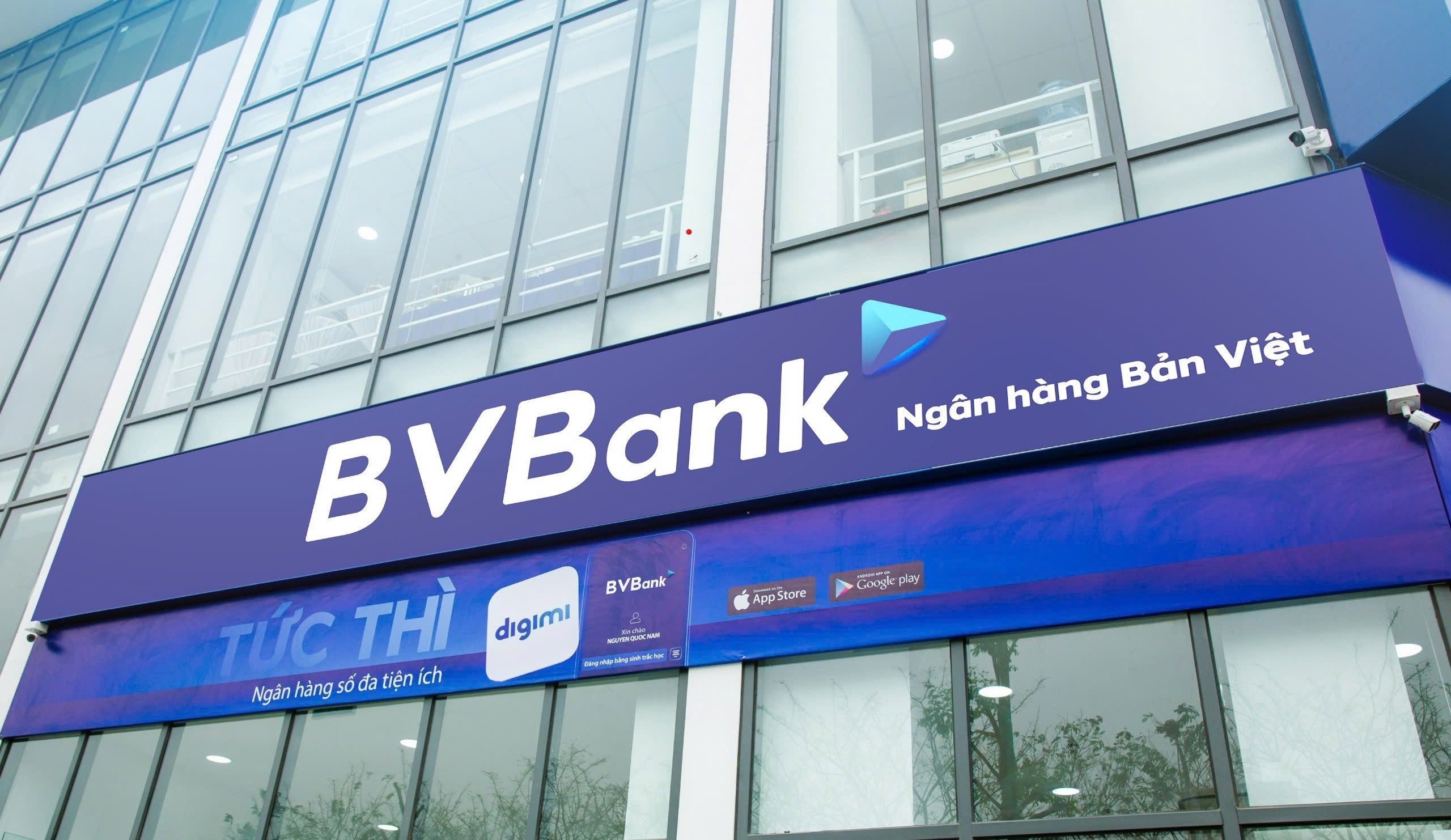
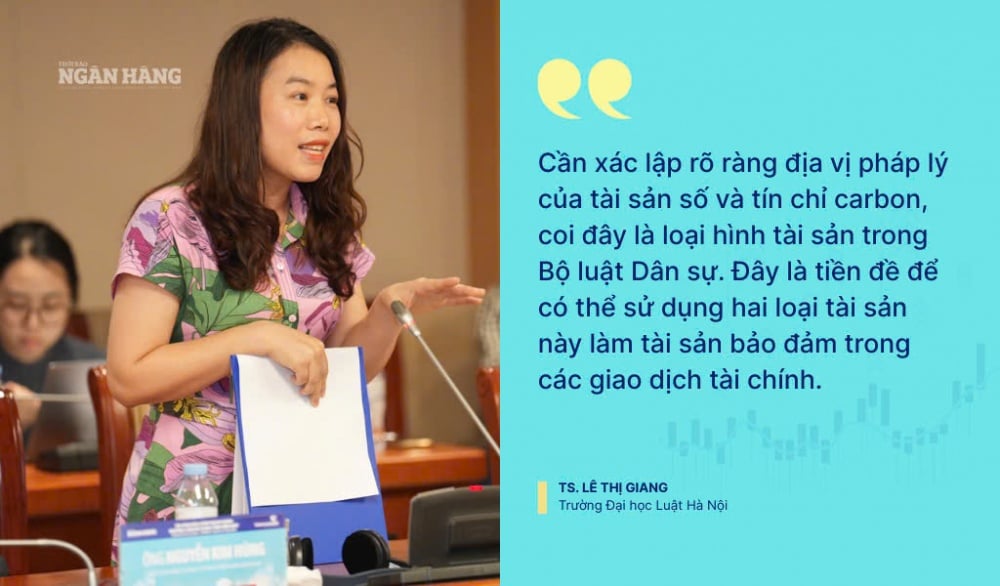
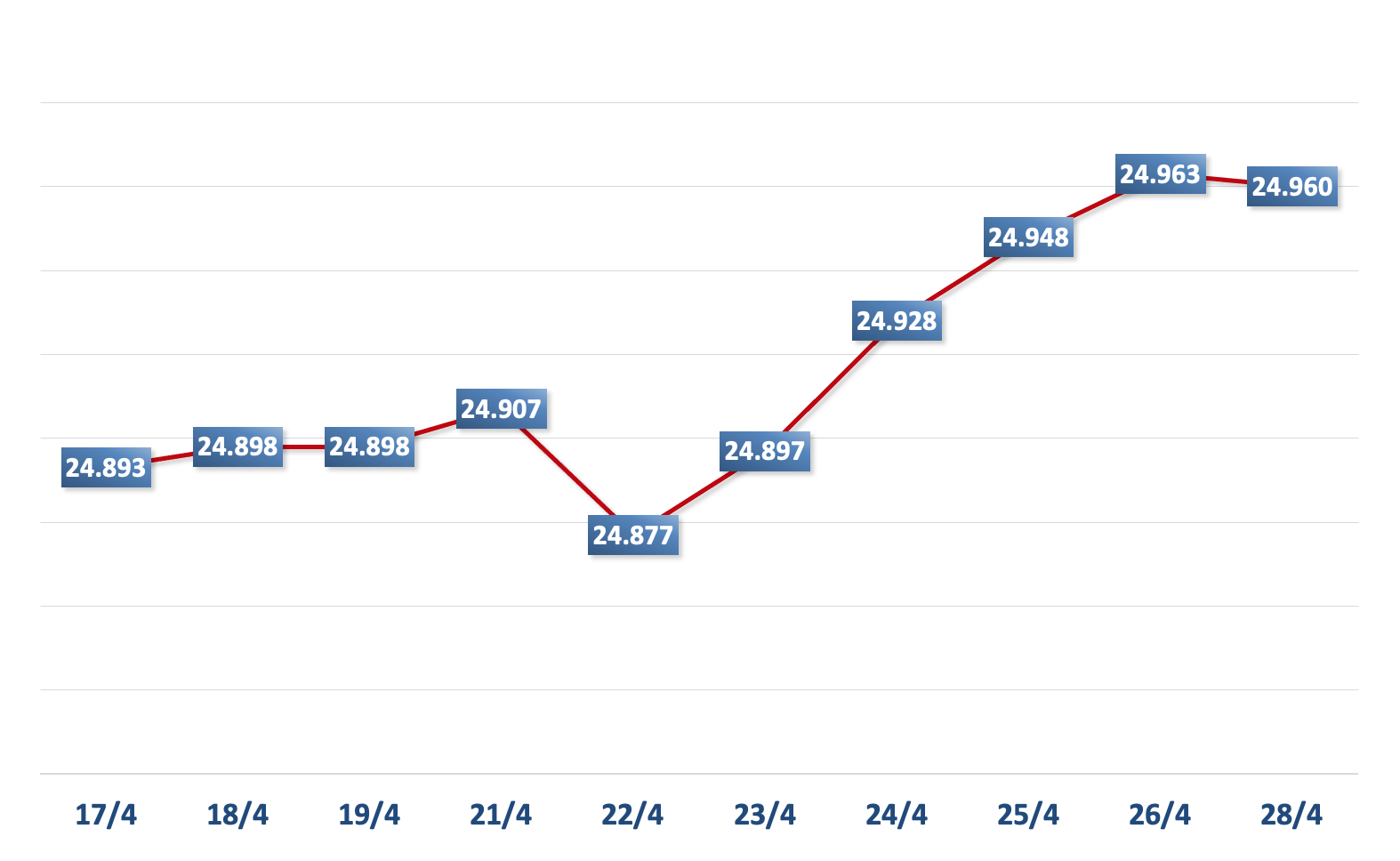

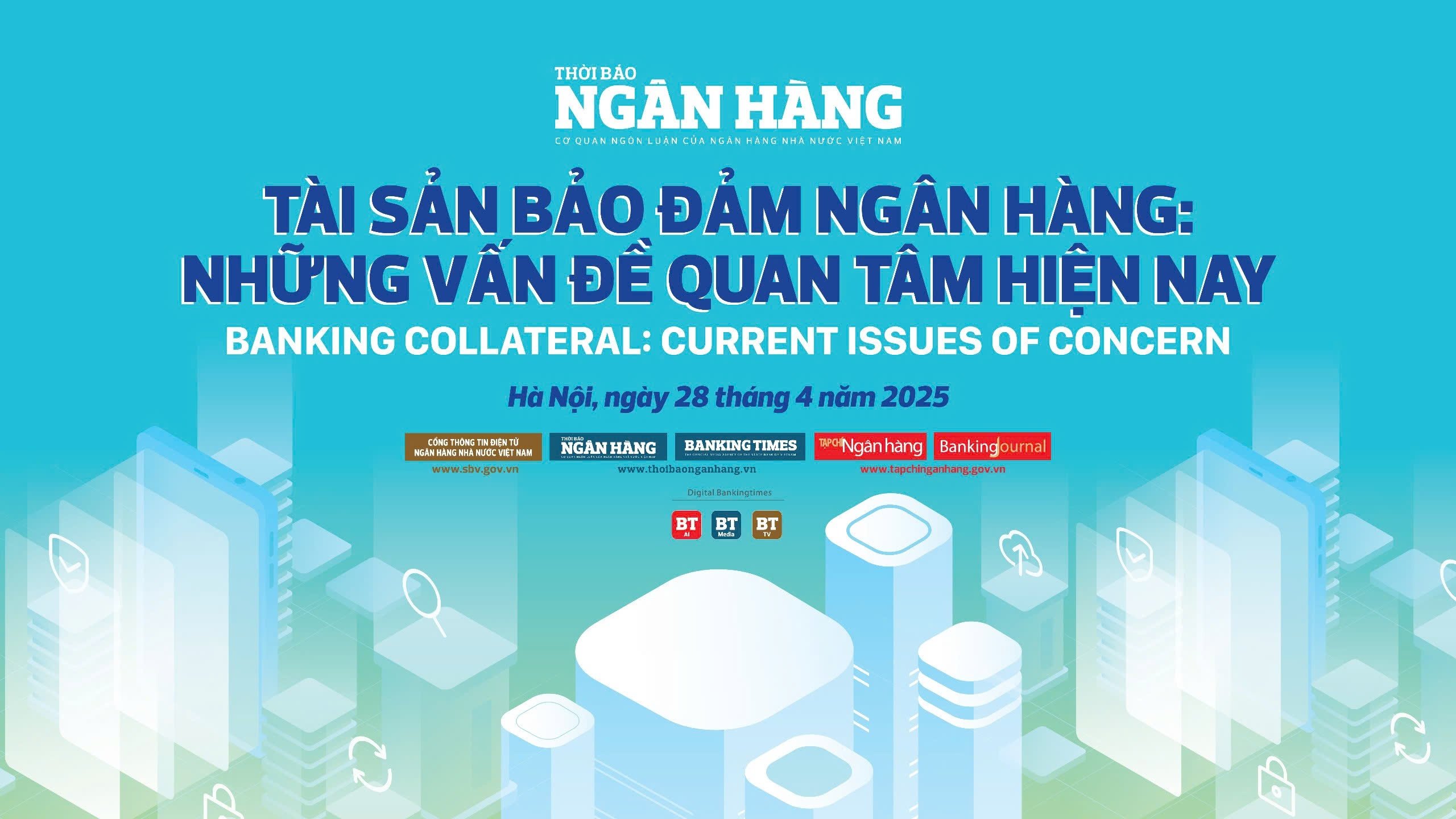
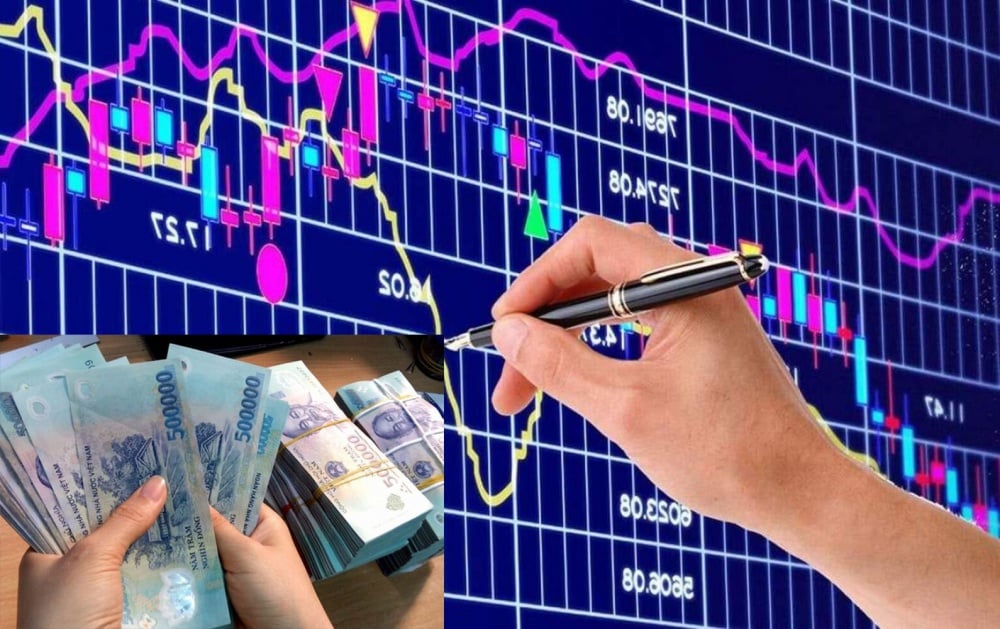























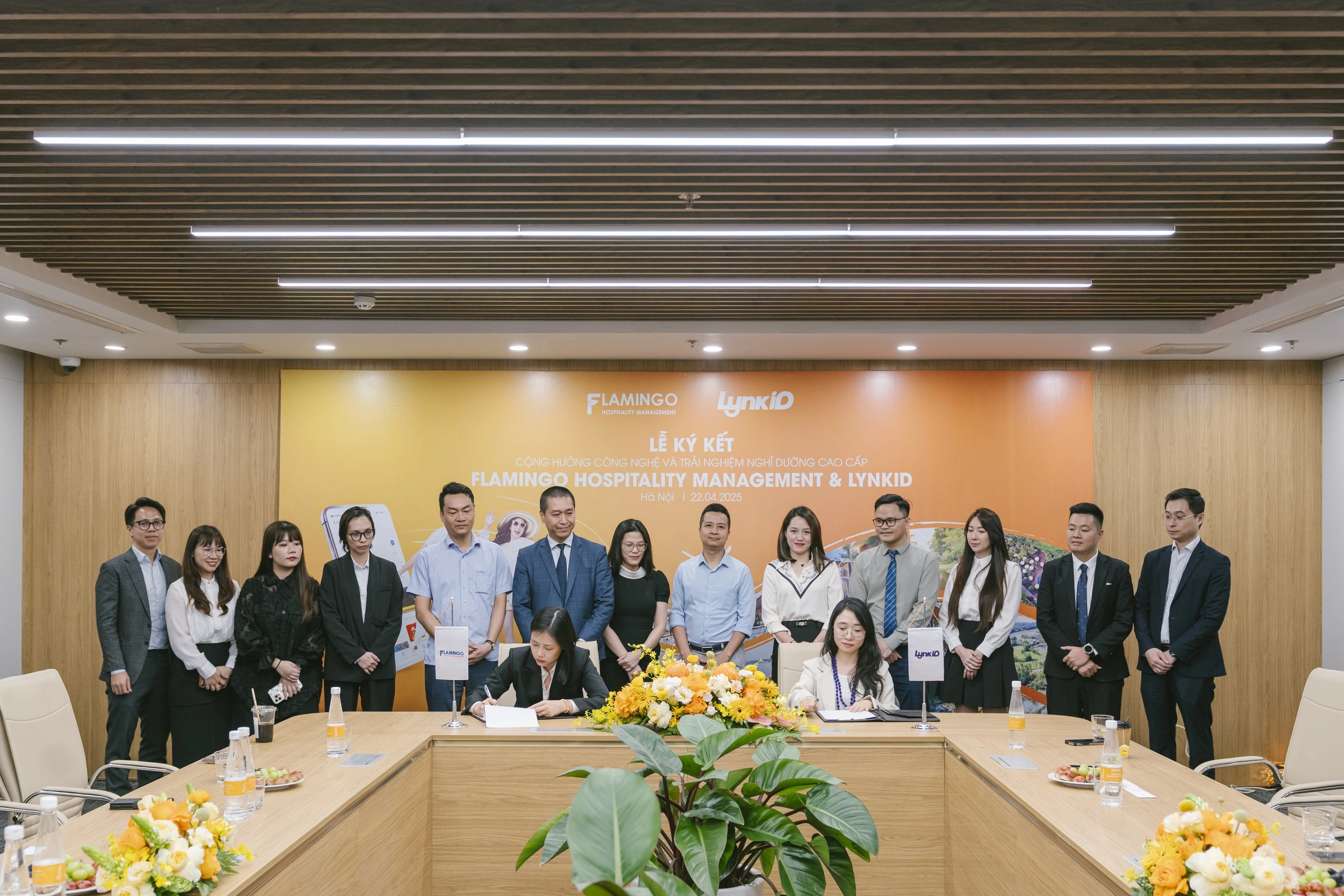
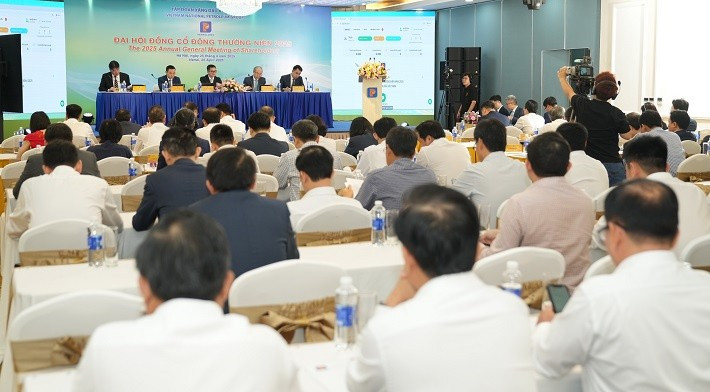





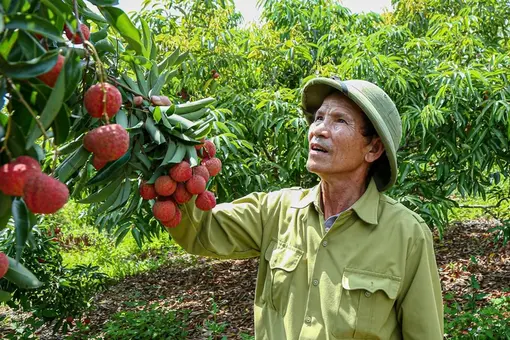






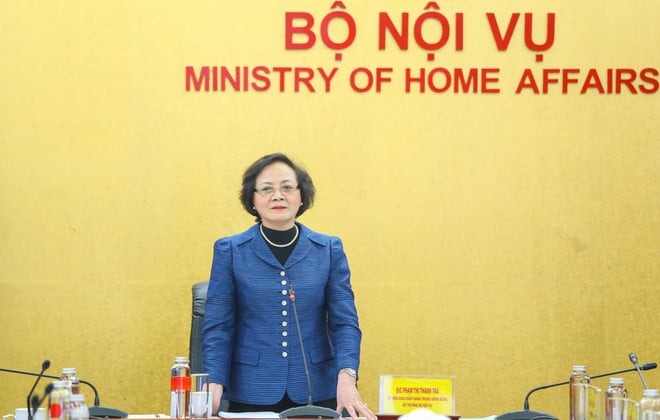





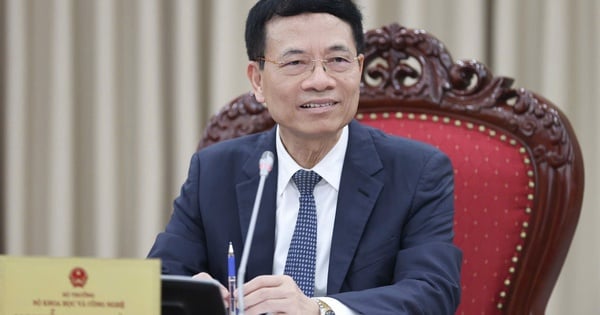












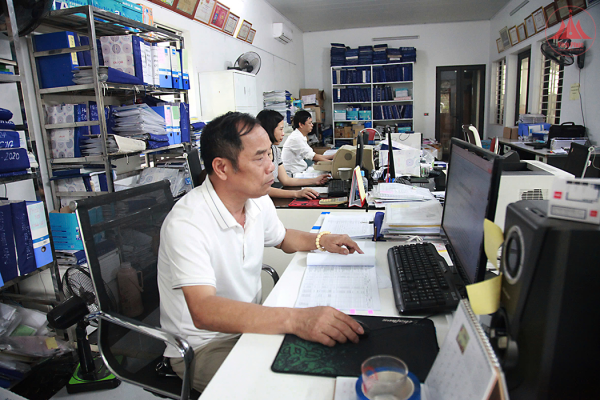



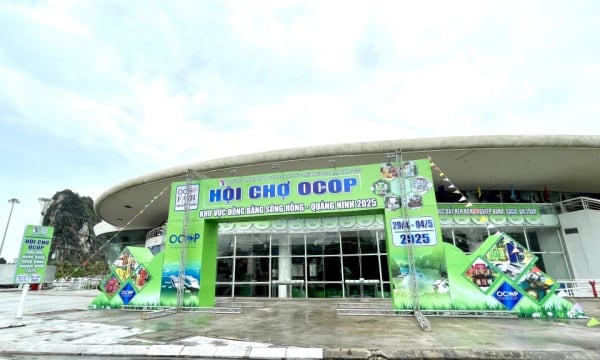

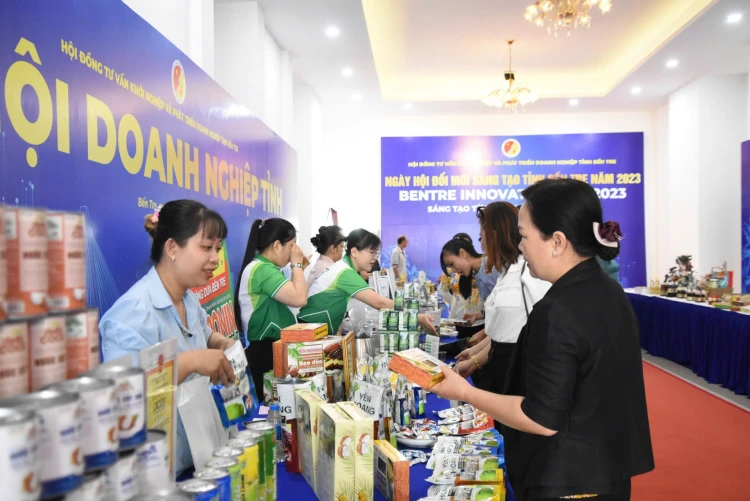





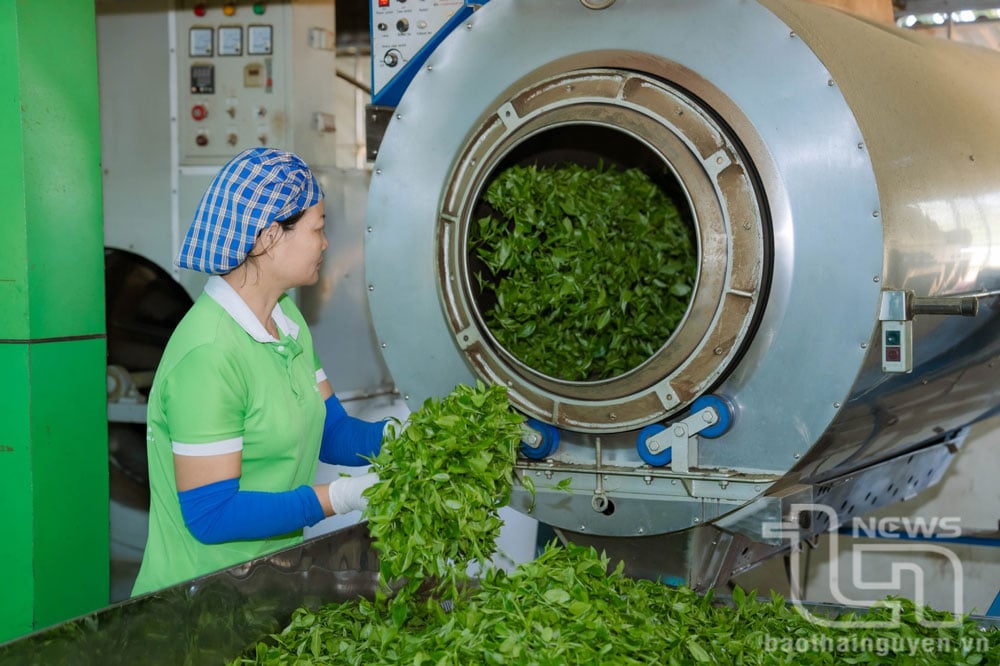

Comment (0)